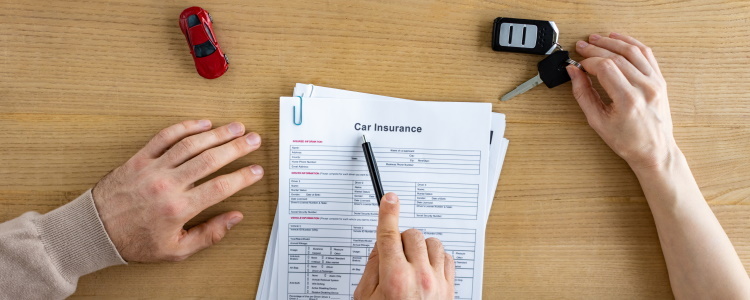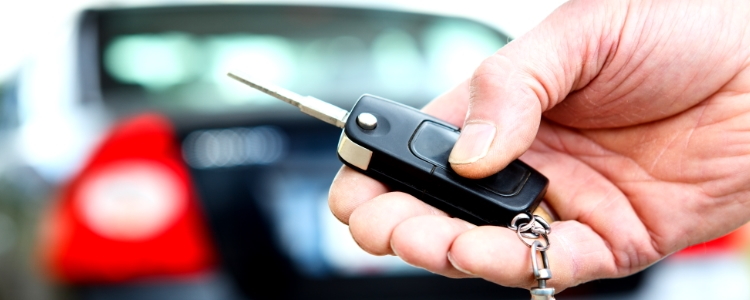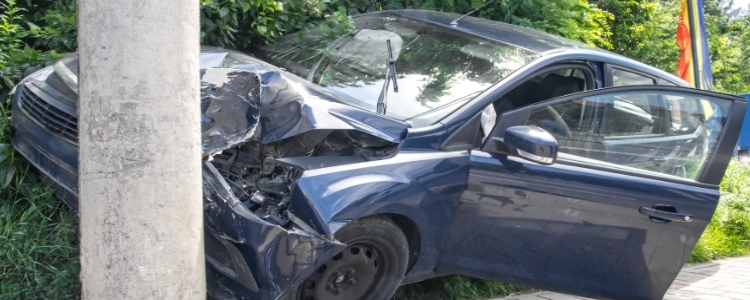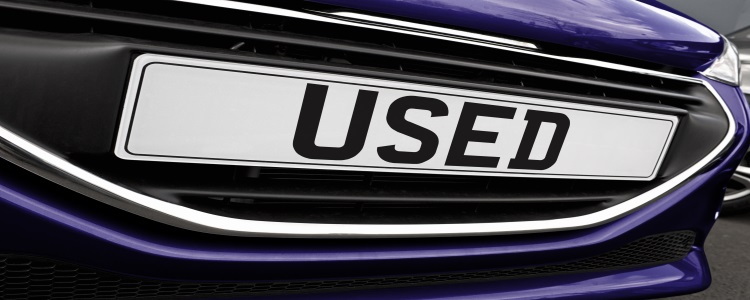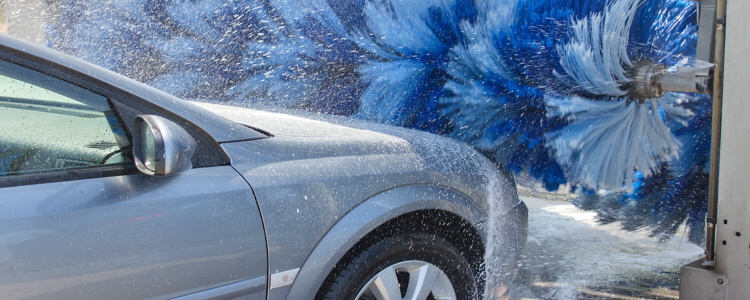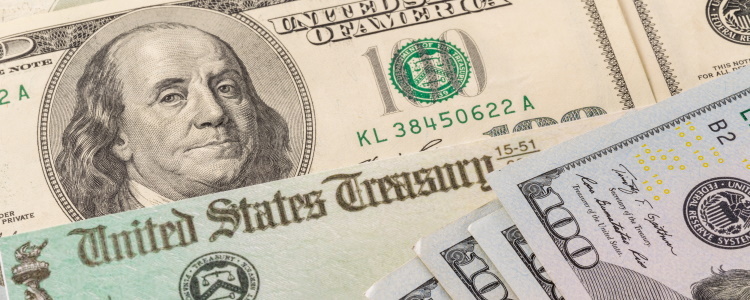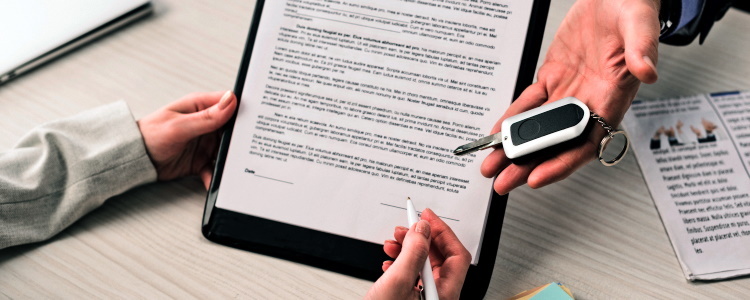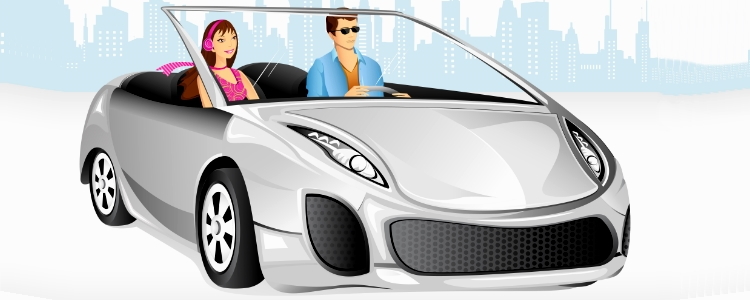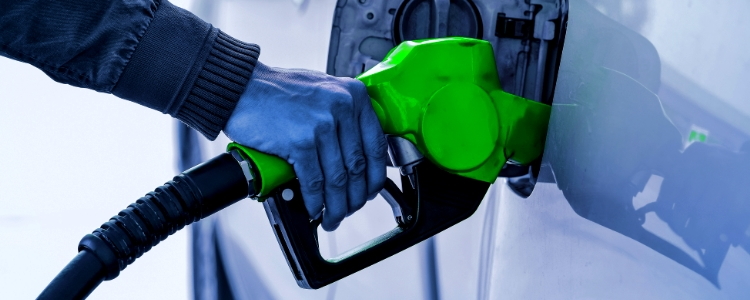Auto insurance is one of those necessities in life that causes some people extra anxiety. There's just so many options to choose from, so how do you know which kind of coverage to get, and is it really important to have?
Do I Need Auto Insurance?
Actually, car insurance is really important to have, but it's not one size fits all, and the level of coverage you need can vary. One thing is for sure, though – not having the proper auto insurance can cost you big time if something happens to your vehicle.
When you're considering car insurance for a vehicle you own, you're able to tailor your policy based on your needs, budget, and the minimum coverage requirements of the state you live in. Most states require some form of minimum coverage just to be able to drive your car around.
However, if you're financing a vehicle, you're required to carry full coverage insurance, no matter the state you live in. This is because the lenders want to ensure their property has as much coverage as possible to protect against accidents or theft.
After all, as the lienholder on your car, they're the ones that get paid first if something happens to the vehicle. You don't actually own the car until you've completed the loan, and without the proper insurance coverage, you could get stuck paying for a vehicle you can no longer drive.
What Happens if I Don't Have Car Insurance?
If you don't carry auto insurance and you live in a state where it's required, you could face heavy fines if you're found to be driving around without it. Additionally, if something happens to your car due to an accident or theft, you won't have any compensation to help relieve the pinch to your pocketbook.
Auto insurance typically covers much more than you could hope to on your own. All you have to do is make your monthly payments, and possibly cover a deductible when the time comes to cash in your coverage. Besides covering the cost of damages to your – and possibly someone else's – vehicle, insurance protects you from having to pay out of pocket for a car you can no longer drive.
If you're financing a vehicle and don't get the required insurance, your lender may add a force-placed auto insurance policy on your loan, which is likely to cost more than any coverage you could get on your own. Force-placed coverage is the least of your worries, though.
The other option that lenders have is considering your contract null and void for not getting the agreed upon insurance you're required. This means they can consider your loan in default, and send a recovery company to repossess your car. If the lender adds force-placed insurance onto your auto loan and you don't pay it, it results in loan default as well.
States Without Auto Insurance Requirements
If the looming threat of force-placed insurance and vehicle repossession aren't enough to convince you to get car insurance, consider this: only two states don't have a minimum auto insurance requirement. That means it's a standard requirement in all 48 other states.
The two states that don't currently have a minimum car insurance requirement are New Hampshire and Vermont. In New Hampshire, you could be asked to pay up to $50,000 in liability and $25,000 in property damage because you're responsible for any damage incurred in an accident when you don't have auto insurance.
If you don't have an extra $75,000 laying around, the result for nonpayment is a suspended driver's license and suspended registration on the vehicle itself. In Virginia, on the other hand, it costs $500 a year, paid to the state, with no benefit of coverage if you're in an accident; the at-fault driver is responsible for paying any and all costs incurred.
Minimum Car Insurance Requirements
The minimum car insurance requirements vary by state, but when you're financing and need full coverage insurance it means that you typically need some combination of comprehensive and collision insurance.
Basic auto insurance policies typically fall into these categories:
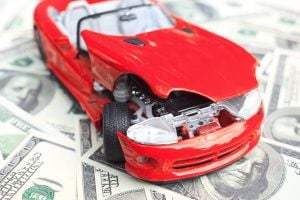 Liability – Liability insurance is often referred to as personal liability or property damage (PL/PD) and it covers damage caused to persons or property in an accident where you're at fault.
Liability – Liability insurance is often referred to as personal liability or property damage (PL/PD) and it covers damage caused to persons or property in an accident where you're at fault.- Collison – Collision insurance covered damage to your vehicle in an accident no matter who's at fault.
- Comprehensive – Comprehensive coverage insures you against damage caused by something other than an accident, such as fire, storm damage, animal strikes, and theft.
- Uninsured/underinsured motorist – This insurance helps to recoup money for damages when another driver doesn't have insurance, or doesn't have enough insurance to cover the damage done to your car.
There's no one size fits all "full-coverage" insurance package. Make sure you know what your lender requires and what the minimums in your state are, so that you can be sure to get the coverage you need on your financed vehicle.
The Bottom Line
It pays to have auto insurance (literally), and it can really save your skin if you're involved in a car accident or in the case of a theft. Don't forget to budget for the extra expense when you're planning to finance your next vehicle.
If you're ready to get full coverage insurance to help protect you, but need a new (or new to you) car to insure, you've come to the right place. At Drivers Lane, we know a thing or two about getting bad credit borrowers into the vehicles they need.
We want to get you matched up with a dealership in your local area that's signed up with subprime lenders that can help. Get started right now by filling out our fast, free, and easy auto loan request form.
